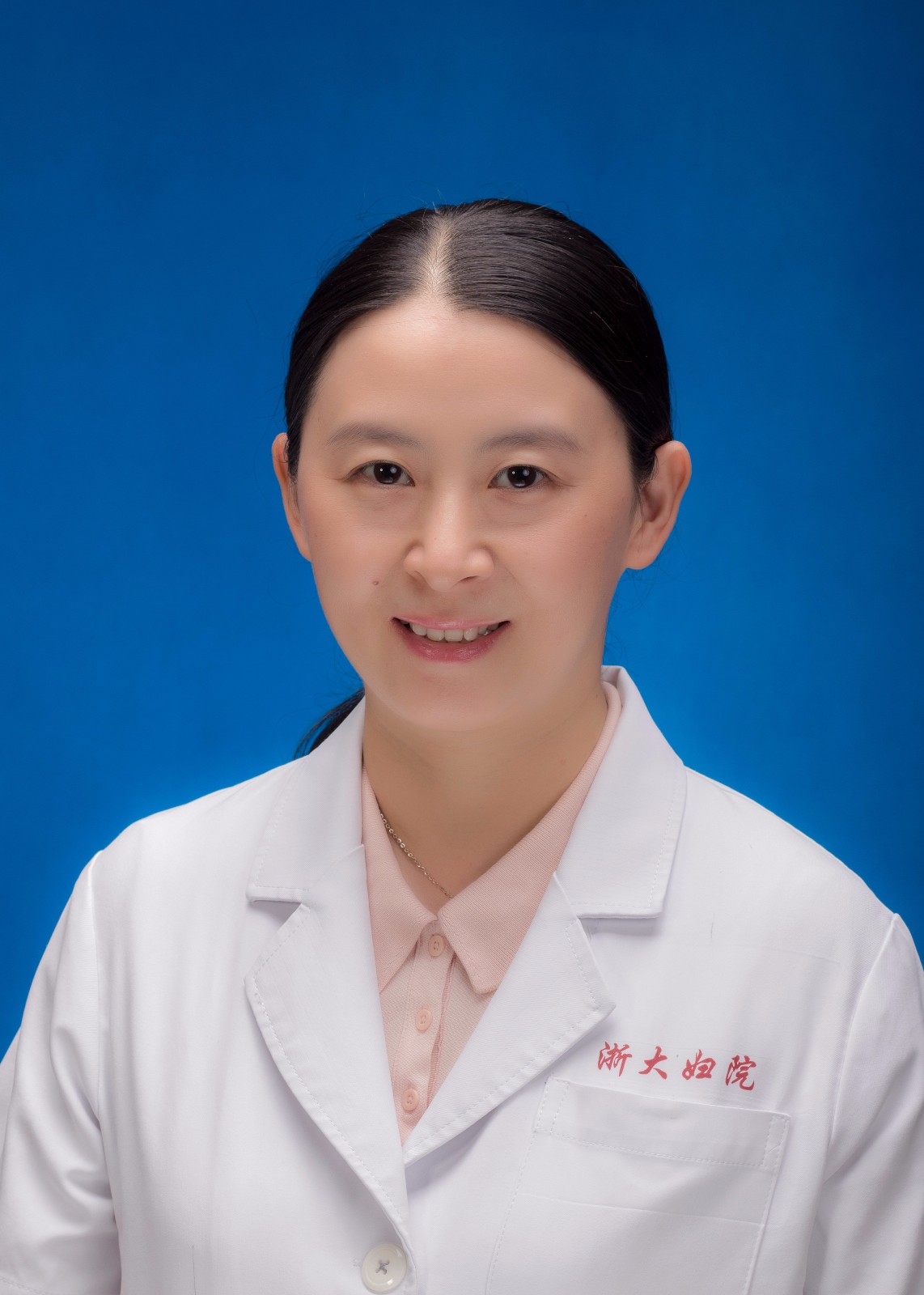
Lou Hang-ying
Title:
associate chief physician, Vice-director of ward
Bio:
Education:
9/2008-6/2014 Zhejiang UniversityPHD
9/2000-6/2000Zhejiang University Master
9/1991-6/1996 Zhejiang UniversityBachelor
Expertise:
The diagnosis and treatment of female infertility, assisted reproductive technology,hysteroscopy and laparoscopic surgery about infertility.
Research Interests:
The safety of assisted reproductive technology; recurrent abortion; poor ovarian response.
Research Narrative:
Dr Lou graduated from Zhejiang University School of Medicine with a major in clinical medicine in 1996. She hasbeen workedas an obstetrics and gynecology physicianin the Obstetrics and Gynecology Hospital of Zhejiang University School of Medicine for 23 years. Since 2003, she has been focused on assisted reproductive technology in the Department of Reproductive Endocrinology.She engaged in the diagnosis and treatment of female infertility; assisted reproductive technology include egg collection,embryo transfer, fetal reduction; hysteroscopy and laparoscopic surgery about infertility and so on. Recently she focuses on the research about the safety of assisted reproductive technology (ART) and does some research work about the epigenetic mechanisms of different ART in-vitro manipulation.
Publications:
1.Lou H, Le F, Hu M, Yang X, Li L, Wang L, Wang N, Gao H, Jin F. Aberrant DNA Methylation of IGF2-H19 Locus in Human Fetus and in Spermatozoa from Assisted Reproductive Technologies. Reprod Sci. 2019 Jul;26(7):997-1004.
2.Lou H, Le F, Zheng Y, Li L, Wang L, Wang N, Zhu Y, Huang H, Jin F.Assisted reproductive technologies impair the expression and methylation ofinsulin-induced gene 1 and sterol regulatory element-binding factor 1 in the fetus andplacenta.Fertility and Sterility. 2014;101(4):974-980.
3.Lou H, Ding W, Dong M, Zhu Y, Zhou C, Wang Z, Yang X, Yao Q, Li D, Miao M.The presence of hepatitis B surface antigen in the ova of pregnant women and its relationship with intrauterine infection by hepatitis B virus. The Journal of International Medical Research. 2010; 38(1): 214-219.
4.Le F, Lou HY, Wang QJ, Wang N, Wang LY, Li LJ, Yang XY, Zhan QT, Lou YY, Jin F. Increased hepatic INSIG-SCAP-SREBP expression is associated with cholesterol metabolism disorder in assisted reproductive technology-conceived aged mice.Reprod Toxicol. 2019; 84:9-17.
5.Mao L, Lou H, Lou Y, Wang N, Jin F.Behaviour of cytoplasmic organelles and cytoskeleton during oocyte maturation.Reprod Biomed Online. 2014;28(3):284-299.
6.Yang X, Zhu L, Le F, Wang Y, Lou H, Gao H, Zhu Y, Jin F. The effect of local aspiration and methotrexate injection on live interstitial pregnancy coexisting with live intrauterine pregnancy after assisted reproductive technology. J Obstet Gynaecol Res. 2019 Jul;45(7):1296-1302.
7.Wang B, Zhang R, Jin F, Lou H, Mao Y, Zhu W, Zhou W, Zhang P, Zhang J. Perfluoroalkyl substances and endometriosis-related infertility in Chinese women.Environ Int. 2017 May;102:207-212.
8.Li LJ, Zhang FB, Liu SY, Tian YH, Le F, Lou HY, Huang HF, Jin F. Decreased expression of SAM68 in human testes with spermatogenic defects. Fertil Steril.2014;102(1):61-67.
9.Li LJ, Zhang FB, Liu SY, Tian YH, Le F, Wang LY, Lou HY, Xu XR, Huang HF, Jin F. Human sperm devoid of germinal angiotensin-converting enzyme is responsible for total fertilization failure and lower fertilization rates by convertional in vitro fertilization. Biol Reprod. 2014;90(6):125.
10.Xu XR, Fu R, Wang LY, Wang N, Zhang F, Le F, Li L, Li LJ, Liu XZ, Zheng YM, Lou HY, Jiang SW, Zhu XM, Huang HF, Jin F. Epigenetic inheritance of paternally expressed imprinted genes in the testes of ICSI mice. Curr Pharm Des. 2014;20(11):1764-1771.
Email:
louhangying888@zju.edu.cn








